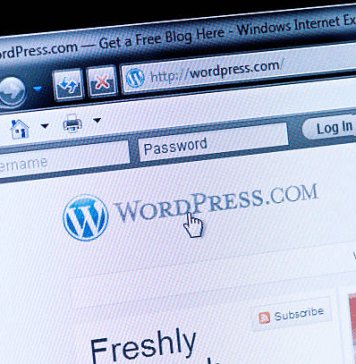
As mortgage rates continue to rise, many wonder how this will impact the housing market. According to experts, rising mortgage rates could put a damper on home sales in the coming months. Keep reading to learn more about how to compare mortgage rates and how mortgages impact the housing market.
How do you compare the best mortgage rates?
When considering a mortgage loan, borrowers should always compare the interest rate and the terms of different loans. It can be affected by several things, including the borrower’s credit score, the type of loan being applied for, and current market conditions. The interest rate also looks at things like origination fees, closing costs, and prepayment penalties.
It’s also important to remember that interest rates can change over time. So even if you find a great deal on a mortgage today, there’s no guarantee that the rate will still be available when it comes time to take out the loan. Borrowers should be prepared to lock in their interest rate if they find a good deal or risk losing out on the lower rate. Be sure to ask lenders about all associated costs with interest rates.
How are mortgages affecting the housing market?
Mortgage rates are one of the most important factors in the housing market. When mortgage rates are low, home sales tend to be higher because more people can afford a home. However, when mortgage rates are high, home sales tend to lower because fewer people can afford a home.
What determines mortgage interest rates?
There are a few factors that typically play a role in interest rates for mortgages. The most obvious factor is the current state of the economy. When the economy is strong, mortgage interest rates are likely to be higher, as there is more loan demand. Conversely, when the economy weakens, interest rates are likely to be lower due to less demand for loans.
Another critical factor is the Federal Reserve. The Federal Reserve sets the country’s key interest rates, and mortgage interest rates tend to follow these rates. When the Federal Reserve raises rates, mortgage interest rates are likely to increase. The type of mortgage can also affect interest rates.
How do low mortgage rates help the housing market?
Low mortgage rates benefit the housing market because they make it easier for people to afford a home. When mortgage rates are low, more people can buy homes because it is cheaper for them to borrow money. This helps to increase demand for homes, which drives up prices. This is good news for homeowners who have seen their home values appreciate over time, and it also makes it easier for people looking to sell their homes to find buyers. Additionally, low mortgage rates help the economy by stimulating economic growth.
What is the effect of mortgage rates on housing prices?

A low mortgage rate environment helps to bolster home sales. When interest rates are low, there is an increase in housing demand from both current homeowners and potential new home buyers. This is because a lower interest rate means smaller monthly payments, making it more affordable for people to buy a home. In addition, refinancing becomes more attractive, allowing people to take advantage of the current lower rates.
Higher mortgage rates have a negative impact on housing prices and sales volume. When interest rates rise, it becomes less affordable for people to buy a home and are less likely to do so. As a result, there is less demand for housing, and this causes prices to drop. As rates increase, fewer people refinance their mortgages, leading to even less demand for homes.
The impact of mortgage rates on the housing market is a crucial factor to consider when looking to buy or sell a home. The interest rates on mortgages can have a significant impact on the affordability of a home as well as the demand for housing.













